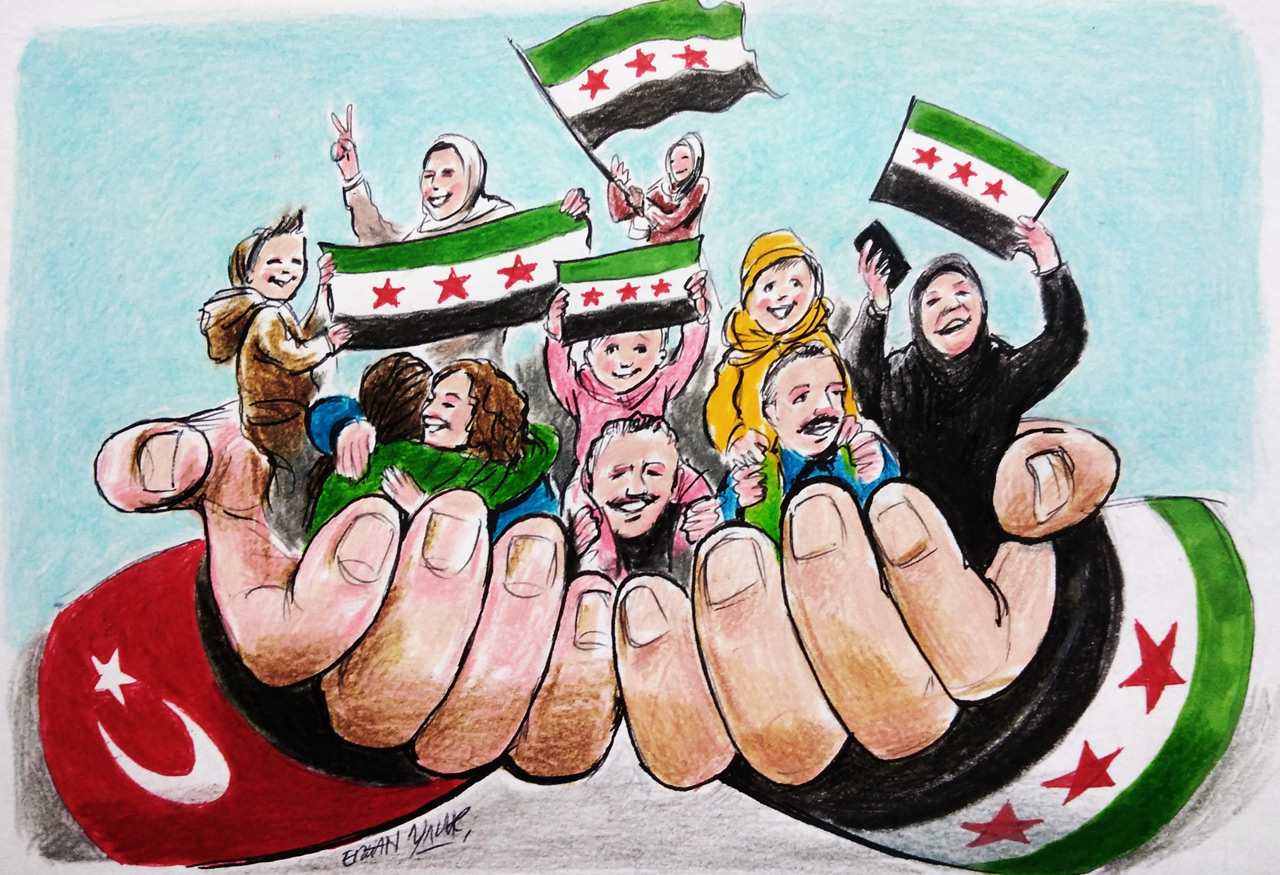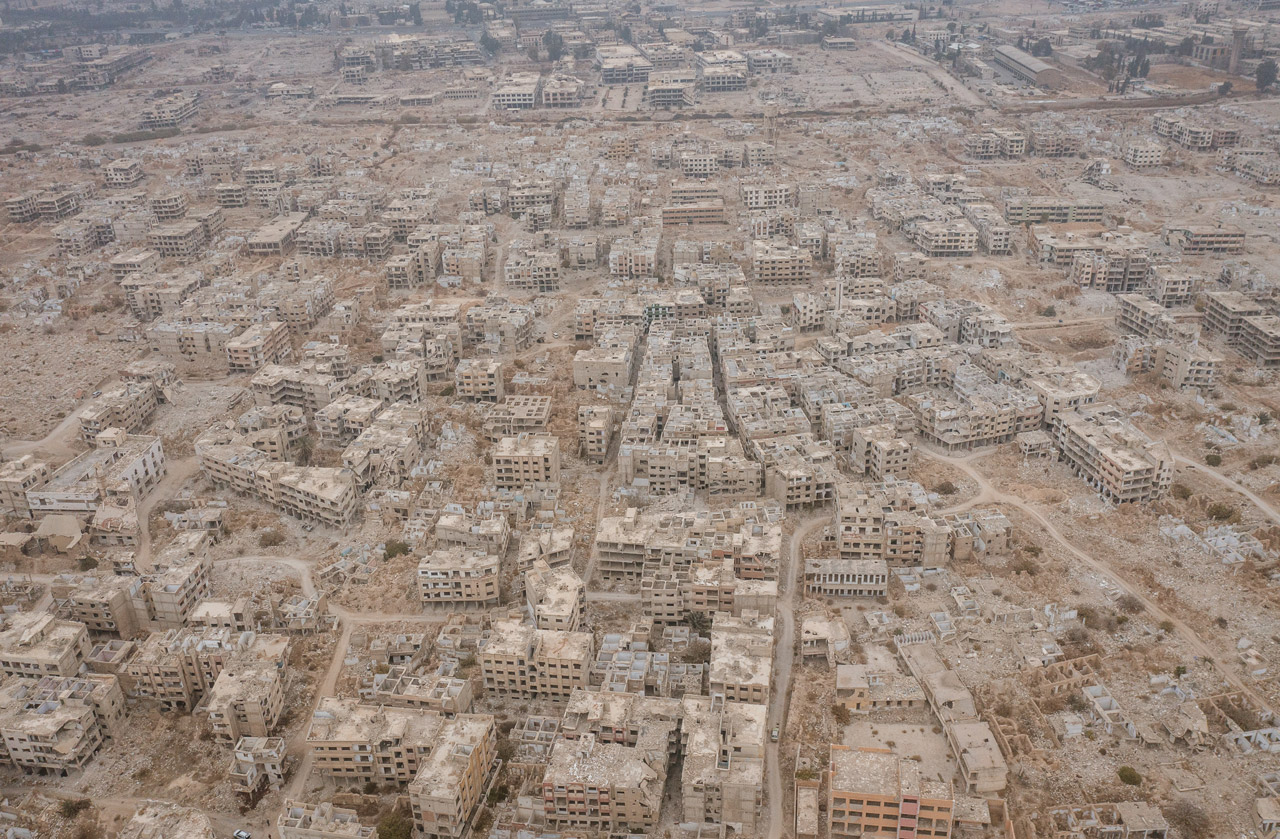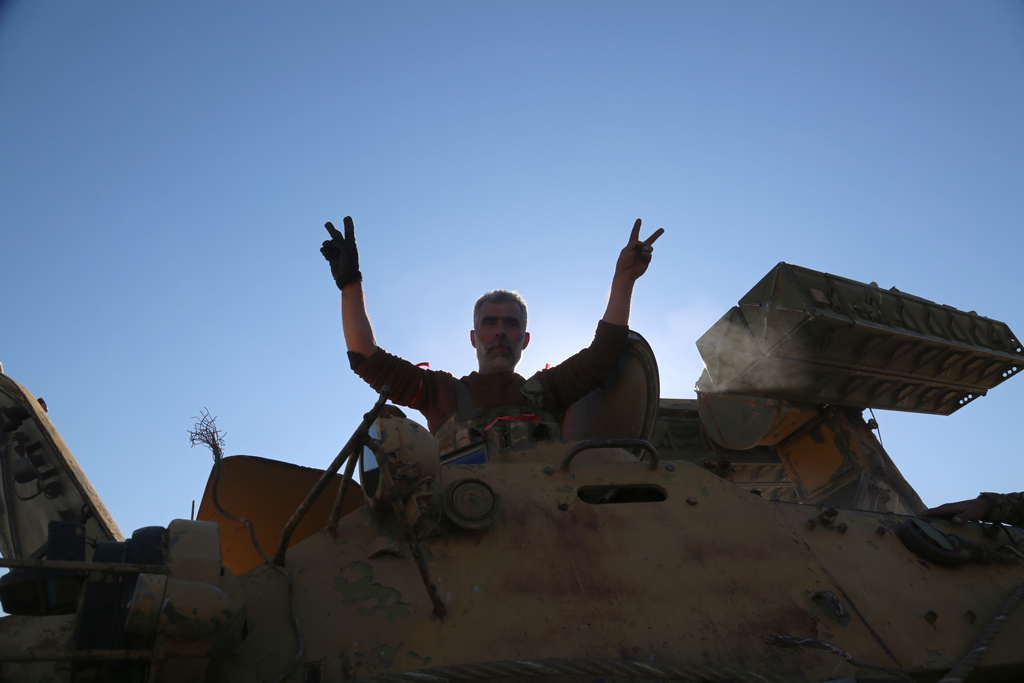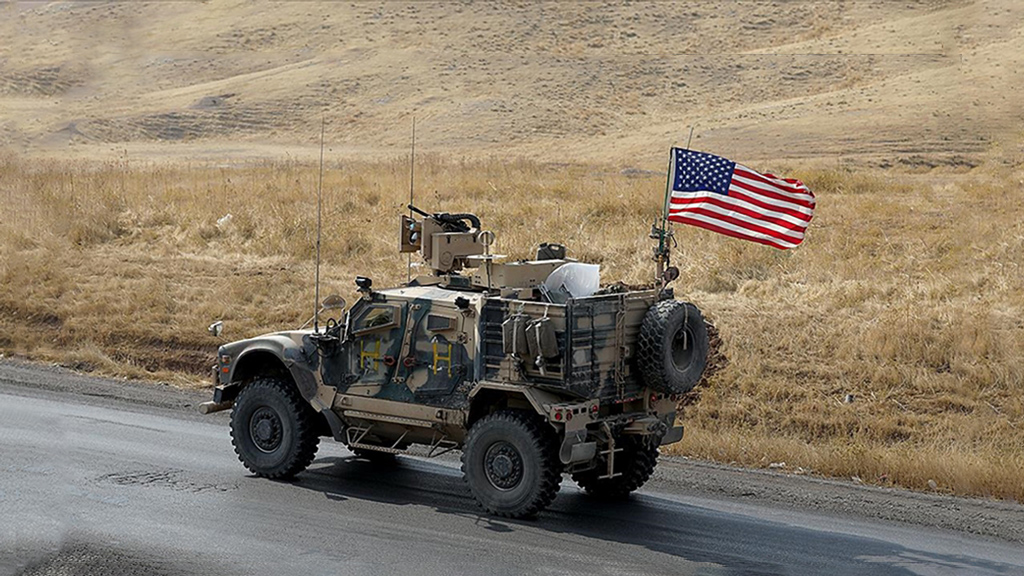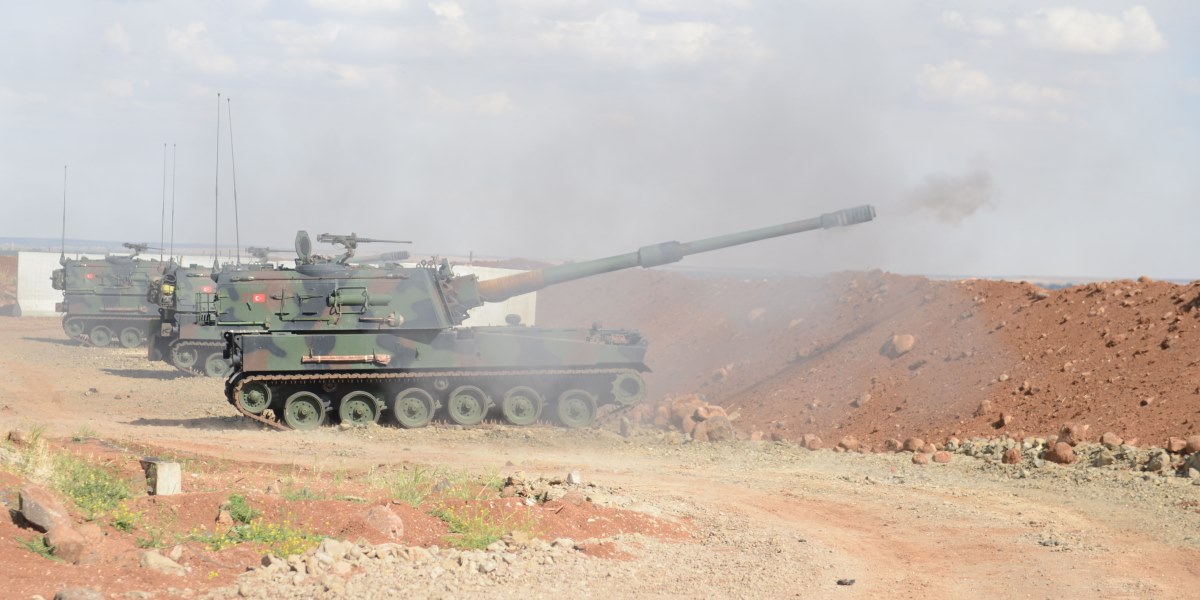
The Fight against DAESH
It is important to develop a comprehensive strategy against the terrorist group that involves multiple dimensions to stop its recruitment, finance and outreach and defeat it militarily
Share
In the last few days, three attacks in three major cities - Istanbul, Baghdad and Dhaka - once more raised questions about DAESH and how to deal with this constantly evolving phenomenon in international security. Only two-and-half-years ago, the organization was considered one of the many factions of al-Qaida and was considered in the context of conventional counter terrorism debates. Even U.S. President Barack Obama called them a jayvee terrorist team. However, the organization shocked many first with its violent execution videos, which signaled that we were dealing with a different type of terrorist group that aimed to terrorize people through the effective use of social media.
In the second step, the organization shocked many around the world not only by its violence but also by its ability to capture and control major population centers like Mosul. That the second largest city in Iraq was captured by this organization demonstrated that it is not a conventional terrorist group. At that point, most analysts attributed DAESH's capacity to its former Baath members who had taken leadership roles in the organization. Only after Mosul did the international community start to realize that eliminating DAESH necessitated an international coalition.
In the meantime, DAESH's international recruitment started being frequently debated. The effective use of social media didn't just spread its message and terrorize millions: It was used for recruitment. The world was shocked when initial reports demonstrated the number of recruits from various countries. These diverse backgrounds and origins showed that the coalition built to defeat DAESH could not just be an ad hoc coalition but must be a more resolute, steadfast and strong alliance that requires active intelligence sharing, military and police cooperation and policy coordination as well as sociological research.
However, until recently the organization was confronted by airstrikes in Syria and Iraq, and other dimensions of cooperation were mostly ignored. Some even started to consider the military outcome of operations in these two countries effective enough to degrade DAESH, but the organization shocked many by showing its tactical flexibility. The "degrading" of DAESH in Syria and Iraq launched a new offensive campaign by the organization in various cities, including Istanbul, Ankara, Paris and Brussels. In addition to the geographical diversity of these attacks, the methodology also shocked everybody. DAESH didn't just use suicide bombers, it also attacked soft targets via "fighter suicide bombers" trying to inflict as many casualties as possible before detonating their suicide vests.
The profile of these bombers was also perplexing in the sense that they were radicalized in a very short period of time - mostly through social media - and acted as lone wolfs with loyalty to an organization. The more concerning issue: As the organization continues to lose territory in Syria and Iraq, members may continue to use this strategy in different population centers. So far, the DAESH track record demonstrates that it keeps shocking people through surprise attacks. In terms of its methodology, especially in its attacks outside Iraq and Syria, it uses a diverse set of instruments. In light of this track record, it is important to develop a comprehensive strategy against the group that involves multiple dimensions to stop its recruitment, finance and outreach and defeat it militarily. It should also be also mentioned that it is important for law enforcement agencies and security officials to try to be a step ahead of the organization so that it can predict and prevent further attacks.
[Daily Sabah, July 4, 2016]
Tags »
Related Articles
Opinion
Imperialism Orientalism and Zionism: The shaping forces of US Middle East policy
November 2024

